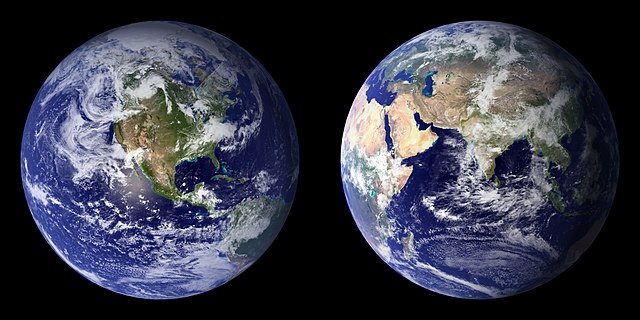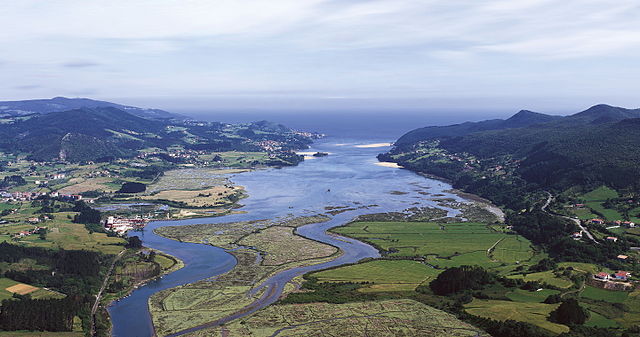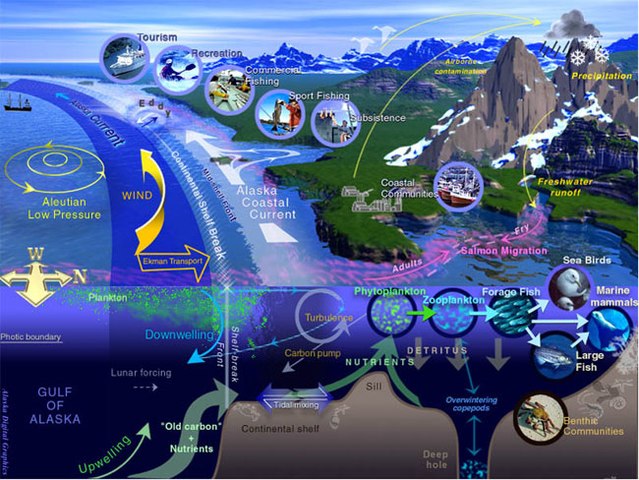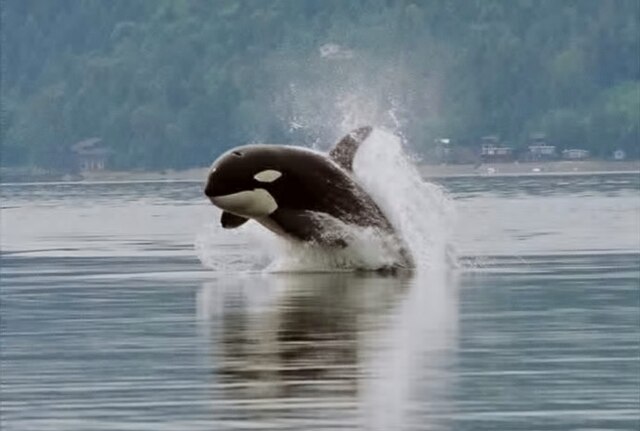Marine biology is the scientific study of the biology of marine life, organisms in the sea. Given that in biology many phyla, families and genera have some species that live in the sea and others that live on land, marine biology classifies species based on the environment rather than on taxonomy.
Marine biology studies species that live in marine habitats. Most of the Earth's surface is covered by ocean, which is the home to marine life. Oceans average nearly four kilometers in-depth and are fringed with coastlines that run for about 360,000 kilometres.
Tide pools with sea stars and sea anemone
Estuaries have shifting flows of sea water and fresh water.
Coral reefs form complex marine ecosystems with tremendous biodiversity.
Marine life, sea life, or ocean life is the plants, animals, and other organisms that live in the salt water of seas or oceans, or the brackish water of coastal estuaries. At a fundamental level, marine life affects the nature of the planet. Marine organisms, mostly microorganisms, produce oxygen and sequester carbon. Marine life, in part, shape and protect shorelines, and some marine organisms even help create new land.
General characteristics of a large marine ecosystem (Gulf of Alaska)
Killer whales (orcas) are highly visible marine apex predators that hunt many large species. But most biological activity in the ocean takes place with microscopic marine organisms that cannot be seen individually with the naked eye, such as marine bacteria and phytoplankton.
Composition of seawater. Quantities in relation to 1 kg or 1 litre of sea water.
The Earth's water cycle








